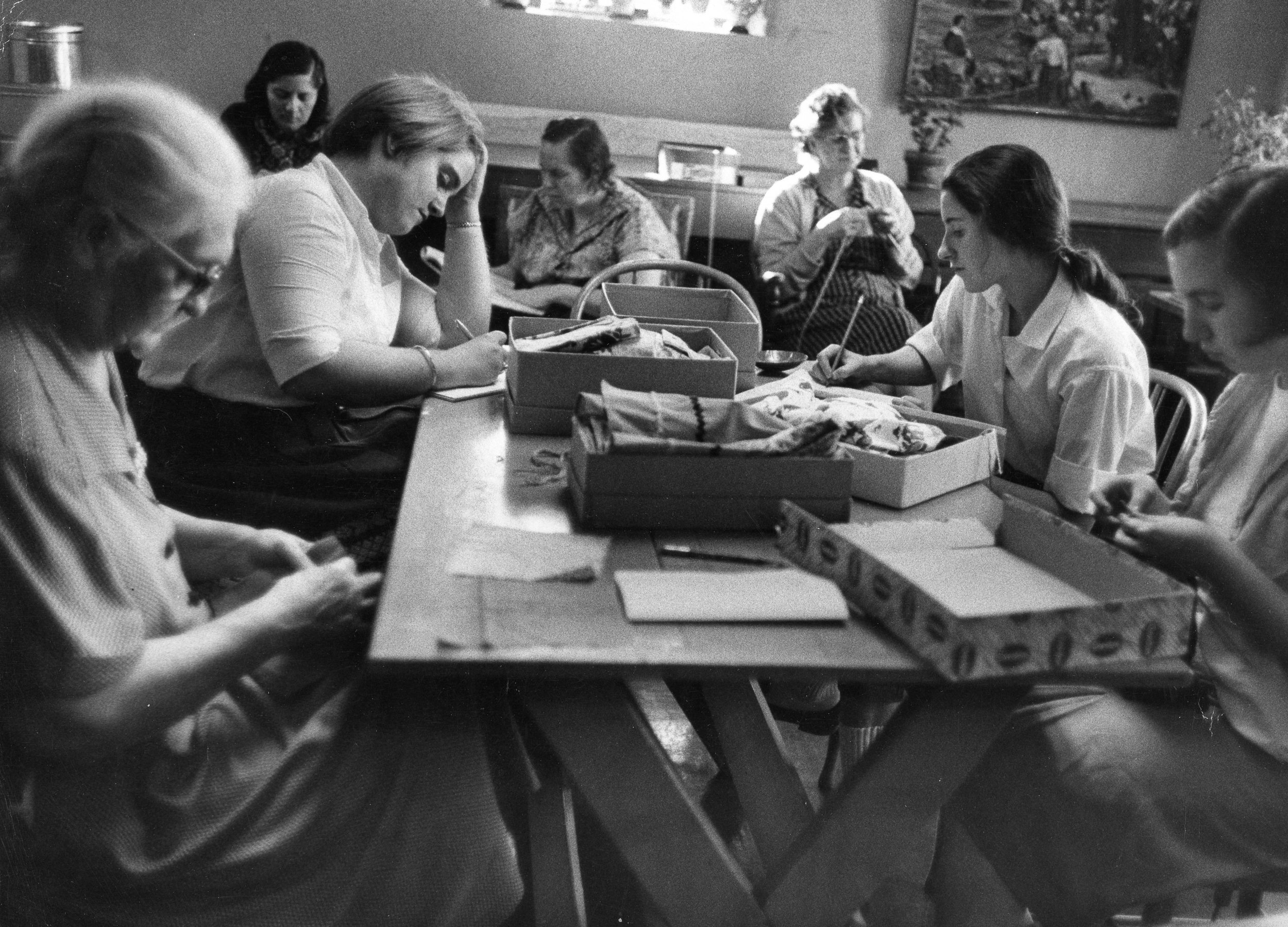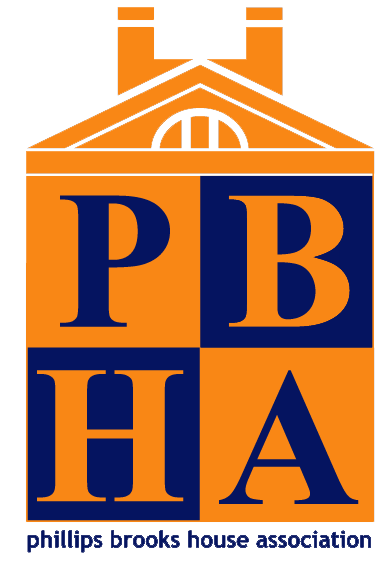
Please join David Orr - MDiv, PhD, Chaplain, Metropolitan Jewish Health System & Co-Chair of PBHA's National Development Advisory Council, Elisabeth Mason - Founding Director of Stanford Poverty and Technology Lab & Co-Chair of PBHA's National Development Advisory Council, John King - 15th Chancellor of the State University of New York (SUNY) & 10th U.S. Secretary of Education, Richard Buery - former Deputy Mayor of NY and current director of the Robin Hood Foundation, and Rini Fonseca Sabune - Former NYC Chief Democracy Officer and leader of the Neighborhoods First Fund for an evening celebrating the 120th anniversary of the Phillips Brooks House Association.
During this event, you will have the opportunity to reconnect with fellow alumni, meet current student leaders from PBHA, and learn about the transformative impact on PBHA graduates across generations. Hors d'oeuvres and drinks will be served.
For generations, PBHA has inspired and trained tens of thousands of the country’s and the world’s most impactful public service leaders.
1904 - an org is born
Phillips Brooks House was constructed in the memory of the Reverend Phillips Brooks, a preacher at Trinity Church, Harvard graduate, and advocate for social service. Plans for the building were drafted and completed upon Brooks’ death in 1893, and Phillips Brooks House was dedicated on January 23, 1900, to serve “the ideal of piety, charity, and hospitality.”In 1904, six organizations formally organized themselves into the Phillips Brooks House Association (PBHA), and by the 1920s all of the religious groups had withdrawn from the organization. The Social Service Committee and several offspring philanthropic groups continued to serve the mission of PBHA in a non-sectarian manner.

“PBHA helped to form my personal and professional life after Radcliffe. The skills I learned at PBHA provided the basis for my nonprofit management career. In addition to volunteer activities I have served as director/manager or trustee/board member in every organization I have been involved with over the past 60+ years.” ‘67
PBHA’s Unique Model
PBHA’s unique model for impact on student volunteers comprises three primary components:
Meaningful service: PBHA provides students with unique, year-round service and social action opportunities that are deeply grounded in community, involve real-life responsibilities, and center opportunities for leadership and innovation unique among Harvard experiences.
Community of practice: PBHA’s student-led community volunteers, leads, and reflects with each other, facilitating mutual learning, relationship development, and a supportive, inclusive environment.
Intentional Leadership Development: PBHA’s staff coaching, alumni mentorship, and intentional training and reflection, which have substantially increased in the last 20 years, provides the scaffolding for transformative student leadership development, the impact of which lasts long after graduation.


